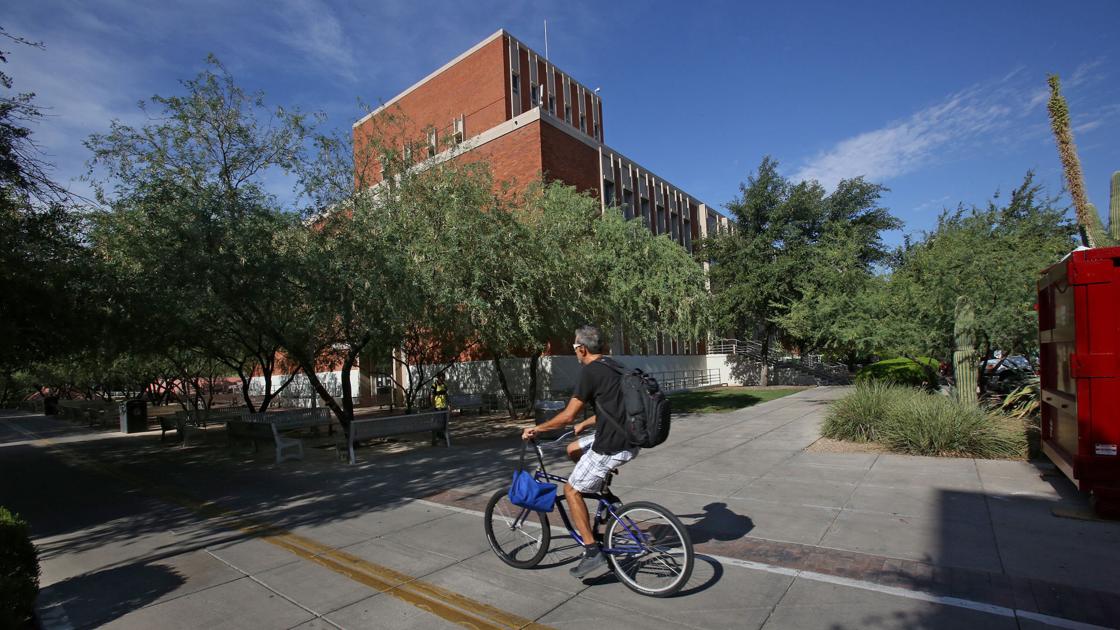University of Arizona Faces Significant Budget Cuts to Cooperative Extension Program
Overview of Budget Reductions
The University of Arizona’s Cooperative Extension program, integral to the university’s mission of providing technical knowledge and support to Arizona communities, is set to experience a budget cut of $623,000. This reduction is part of broader financial challenges affecting the university, as all departments are being asked to align their expenditures with available revenues.
Concerns from Faculty Leadership
Michael Staten, the interim dean of the College of Agriculture, Life and Environmental Sciences (CALES), which oversees the Cooperative Extension, communicated these cuts in a recent email to faculty and staff. However, Leila Hudson, the UA Chair of the Faculty, expressed her surprise at the cuts, believing that Cooperative Extension funding is solely derived from state allocations. She voiced concerns that such reductions could jeopardize the university’s relationship with the state regarding its land-grant mission.
Katie Zeiders, UA Secretary of the Faculty, echoed these sentiments, noting that a memo outlining concerns about restrictions on state-allocated Cooperative Extension funds went unanswered by university administrators. She emphasized that these funds are intended to support Arizona communities and that limiting them contradicts legislative intent.
The University’s Position
In response to the backlash, UA spokesperson Mitch Zak clarified that Cooperative Extension funding comes from both state and university sources. He stated that the annual budget is determined through a collaborative process with college leadership. Zak reassured that the university remains committed to supporting Cooperative Extension and its vital role in serving local communities across Arizona.
Additional Budget Cuts and Their Implications
In addition to the Cooperative Extension cuts, the Arizona Experiment Station, which operates under CALES, is facing a 9.6% budget decrease. This reduction stems from the university’s overall 3% budget cut and the loss of New Economy Initiative funding, which the state legislature opted not to renew. The Experiment Station is crucial for developing new technologies in agriculture and resource management, and its budget constraints could hinder its operations.
Shane Burgess, a former vice president of the UA Division of Agriculture, highlighted the existing challenges, including significant deferred maintenance and outdated equipment at Arizona’s experiment sites.
Federal Funding Challenges
On a federal level, the elimination of the Supplemental Nutrition Assistance Program – Education (SNAP-Ed) as of September 30 will have a profound impact on nutrition and health programming across the state. This program was essential for educating vulnerable populations, and its loss will affect over 70 staff members involved in Family, Community, and Health Sciences programming.
Future Goals for Cooperative Extension
Looking ahead, UA leadership is tasked with identifying strategic goals for the upcoming year. Staten outlined several objectives for CALES and Cooperative Extension, including:
- Securing reinvestment in infrastructure and operational stability.
- Recruiting a visionary dean to elevate CALES as a modern land-grant college.
- Re-evaluating undergraduate enrollment strategies.
- Developing an integrated student data system to track program impacts.
- Enhancing awareness of the land-grant mission within the university.
Staten acknowledged the challenges posed by a smaller team but expressed optimism about the future, emphasizing the need for focused and purposeful initiatives.
Conclusion
As the University of Arizona navigates these budget cuts, the implications for the Cooperative Extension program and its community outreach efforts remain significant. The university’s commitment to its land-grant mission will be tested as it seeks to balance financial constraints with the needs of Arizona’s communities.

